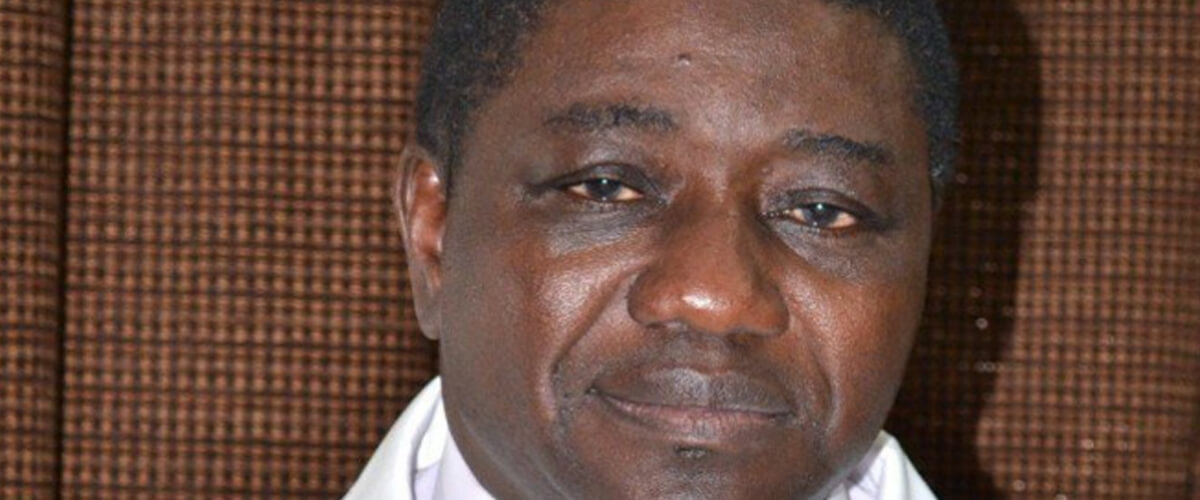Malaria kills more people in Africa than in any other part of the world. There is a myth in many African countries whereby someone presenting any symptoms similar to malaria is thought to have the disease. This leads to inadequate treatment, which can lead to death.
The lack of investment in laboratories exacerbates the issue. To combat the rise of new global health threats, early detection and response is crucial. Laboratories play a critical role in disease control and preventative measures as they provide the ability to rapidly detect, characterize and report public health threats, in addition to optimally guiding patient care.
Unfortunately, Africa’s weakening health systems are in jeopardy, as shown by the recent outbreaks of Ebola and listeriosis. The 2014 African Regional Report of the World Health Organisation (WHO) found that Africa confronts the world’s most dramatic public health crisis. It is the second most populated continent, currently occupied by 1.2 billion people. With this many people, many of which are youth, Africa cannot afford not to invest in adequate and relevant healthcare systems.
Laboratories are a basic necessity for any country looking to develop economically, as population health is at the centre of growth. There has been much talk about Africa’s population dividend as an asset; however, this can only be the case if the population in question is healthy. Whether the continent is well prepared to handle the next Ebola outbreak is doubtful.
According to Volume 2 of the Official Journal of the Society to Improve Diagnosis in Medicine (SIDM), “laboratory medicine should play a critical role in effective and efficient management of healthcare, but this is often not the case in Africa. Laboratory expenditure is frequently prohibitive for most African health systems, which are adversely affected by issues such as lack of resources or corruption.”
The journal further states that in many places in the continent, procedures are not always carried out accurately due to the inadequacy of infrastructure like power and water supply networks. Several authors, meanwhile, found that the harmonization of laboratory activities is a critical step in developing health systems.
Significant progress has been made in improving laboratory networks since the adoption of the 2008 Maputo Declaration for Strengthening Laboratory Systems and Resolution at the 58th session of the World Health Organization Regional Committee for Africa (WHO AFRO).
This resulted in a scale-up of diagnostic services for HIV, tuberculosis and malaria. However, emerging threats now require more integrated laboratory networks that are aligned with public health institutes for effective responses and observation.
The African Society for Laboratory Medicine (ASLM), WHO AFRO and high-level Health Ministry officials from more than 20 African countries have issued a ‘Freetown Declaration’.
It calls for international and local stakeholders to bolster capacity to establish resilient tiered laboratory networks, regularly measure progress with a standardised score card, and effectively integrate these networks into disease surveillance and public health institutes.
ASLM will be hosting its fourth biennial international conference from December 10 to 13 in Abuja, Nigeria, (http://aslm2018.org/) which centres around the theme: ‘Preventing and Controlling the Next Pandemic: The Role of the Laboratory’. The conference could not have come at a better time, as South Africa battles a listeriosis outbreak, Nigeria continues the fight against polio and other diseases, and Zimbabwe deals with a cholera outbreak.
ASLM2018 will serve as a platform for the international laboratory medicine community to share best practices, acquire knowledge and debate innovative approaches to combat global health threats. It will also provide information on the needs in Africa, help shape collaborations between laboratories and clinicians, and contribute to strengthening Africa’s health systems and laboratory networks.
Africa requires a comprehensive strategy and skilled individuals who will help fill the gaps and contribute to harmonizing and strengthening the existing health laboratory systems on the continent. A huge population dividend, not properly cared for, does little to advance Africa’s development agenda.
Opinion by: Prof Souleymane Mboup who is the Director for the Institute for Health Research, Epidemiological Surveillance and Training (IRESSEF) (Institut de Recherche en Santé, de Surveillance Epidémiologique et de Formations) in Senegal.









